One of the seven priorities of Rhode Island’s 2015-2020 Strategic Plan for PK-12 to Adult Education is preparing our next generation of global citizens. Rhode Island aspires to become a state in which all of our high-school graduates are globally competent and prepared for the global labor market. All of our graduates should be ready to investigate the world, recognize the perspectives of others, communicate their ideas to diverse audiences, and take actions to improve conditions in our world.
Digital and media literacy are vital to preparing our students to be global citizens. Digital and media literacy build the cultural competence of students and educators by expanding access and understanding to information and entertainment. School librarians help teachers, students and parents develop skills in locating and evaluating digital media including online resources.
Traditional print resources can sometimes provide valuable information but digital resources are most attractive for today’s learners. The majority of scientific and education researchers agree that about 75 percent of learning is gained through vision. According to neuroscientist Dr. John Medina, “The more visual the input becomes, the more likely it is to be recognized and recalled.” Digital media engages today’s students but its effective use requires instruction in media literacy.
Students are surrounded with digital media. Educators in all content and specialist areas should include instruction on digital literacy in tandem with the digital media they use. School librarians are leaders in demonstrating how to select, evaluate and use media effectively for instruction.
School librarians connect teachers and student to resources, Students can explore the Black Sea with oceanographer Bob Ballard in Nautilus Live, watch a BBC coverage of United States event, compare Kpop to American pop music or learn what is meant by Mediterranean diet in Health class. Students learn to make connections from a contemporary media perspective to the world using digital media. The role of the digital media in public opinion is more important than ever. The skills and competencies for digital and media literacy provide students with essential skills for playing, learning and working as citizens of the digital world.
